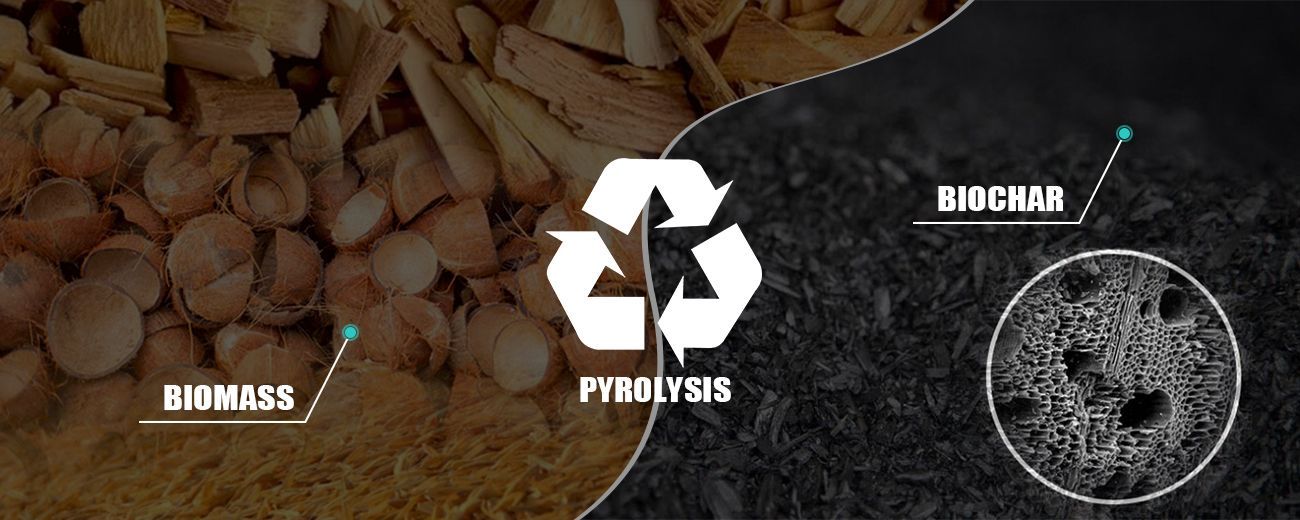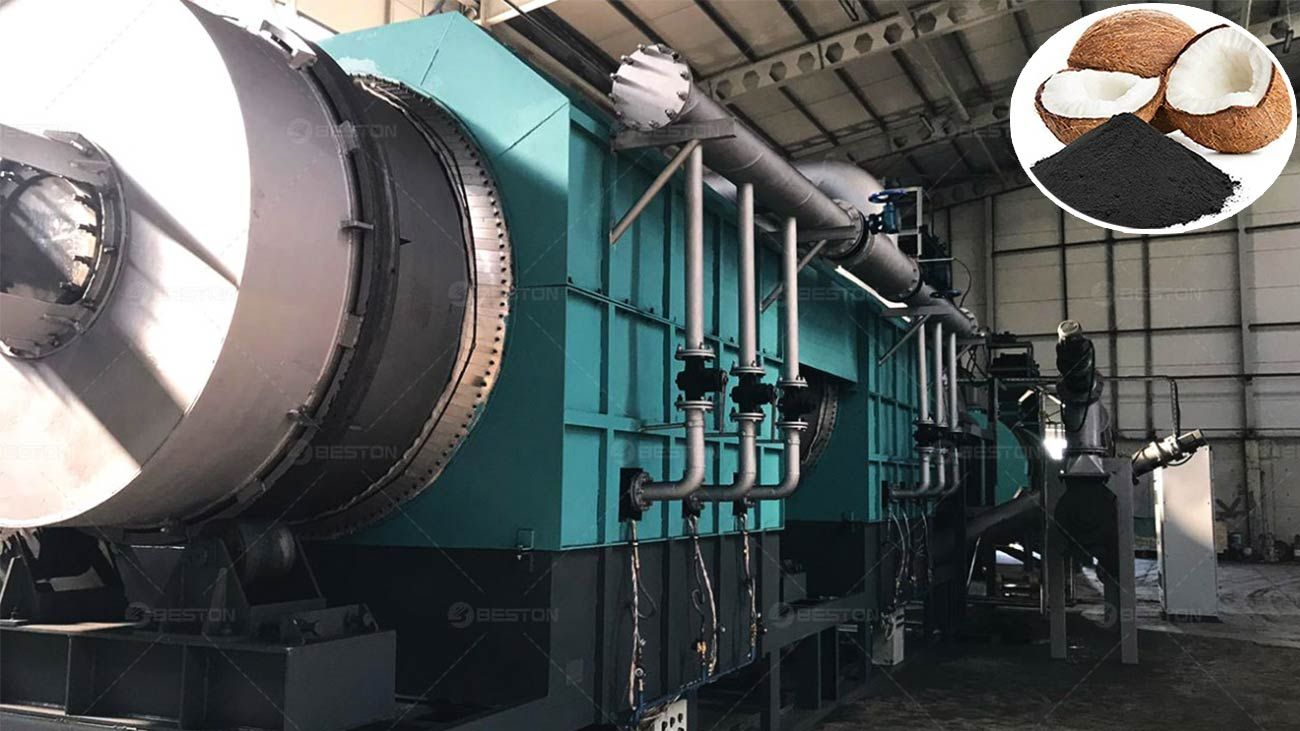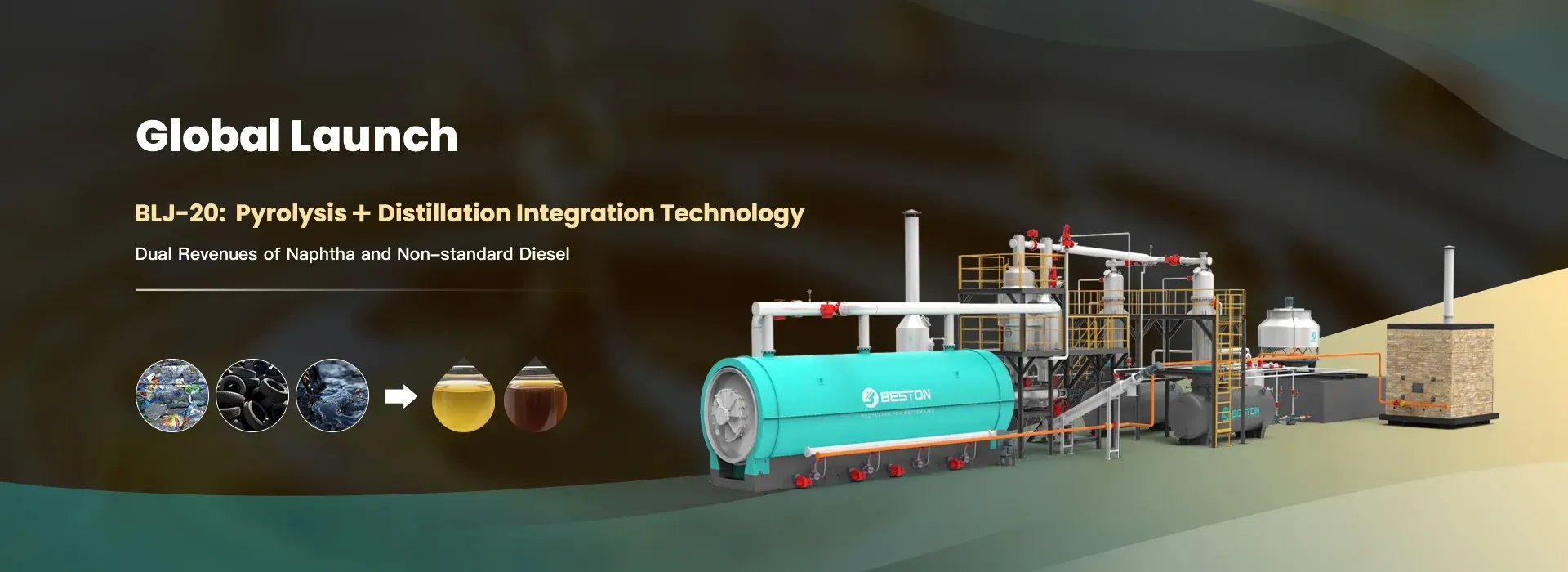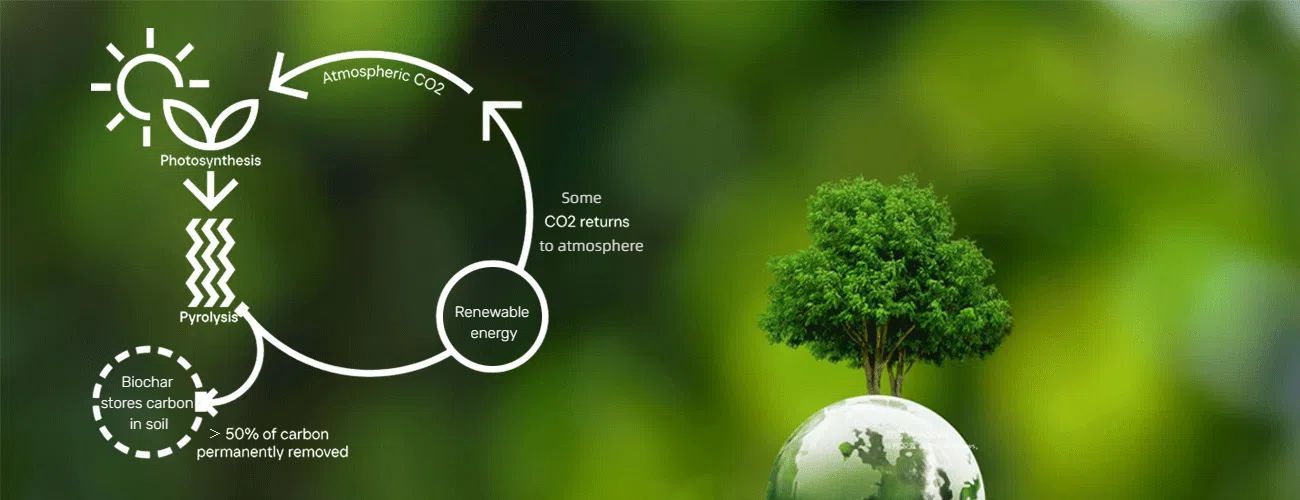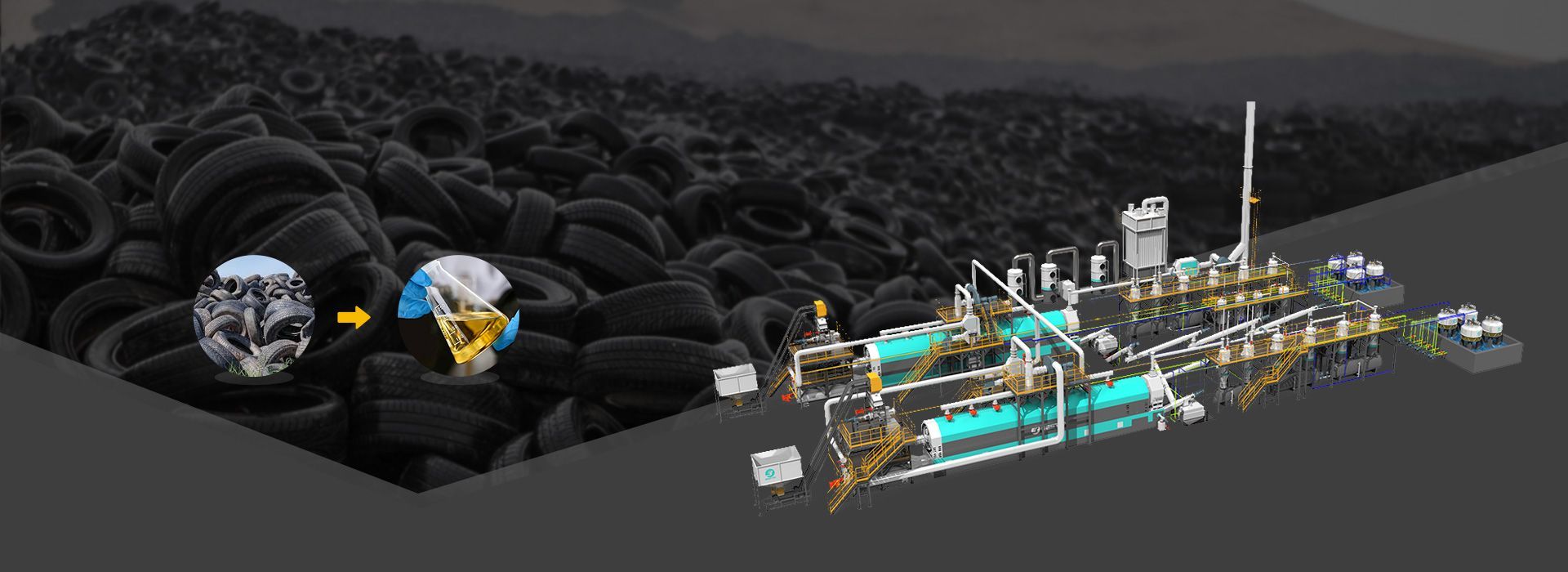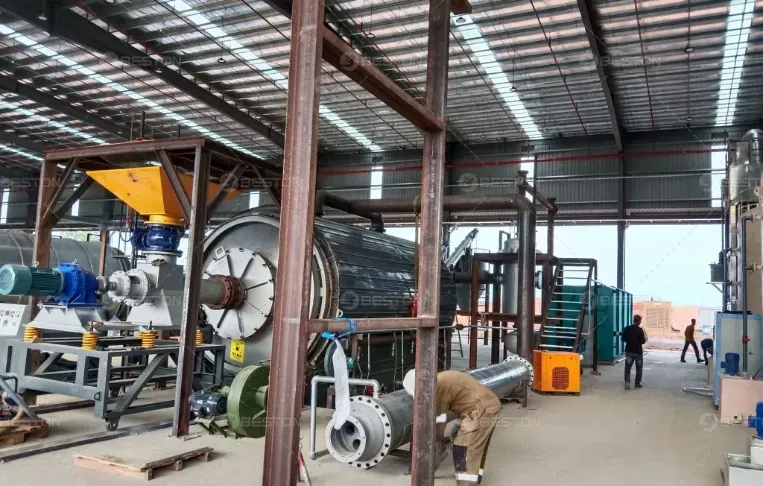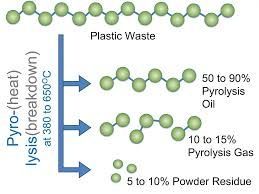Rice Hull Charcoal Machine Achieves 720 Hours of Continuous Biochar Production
How Continuous Operation Ensure Stable Biochar Output
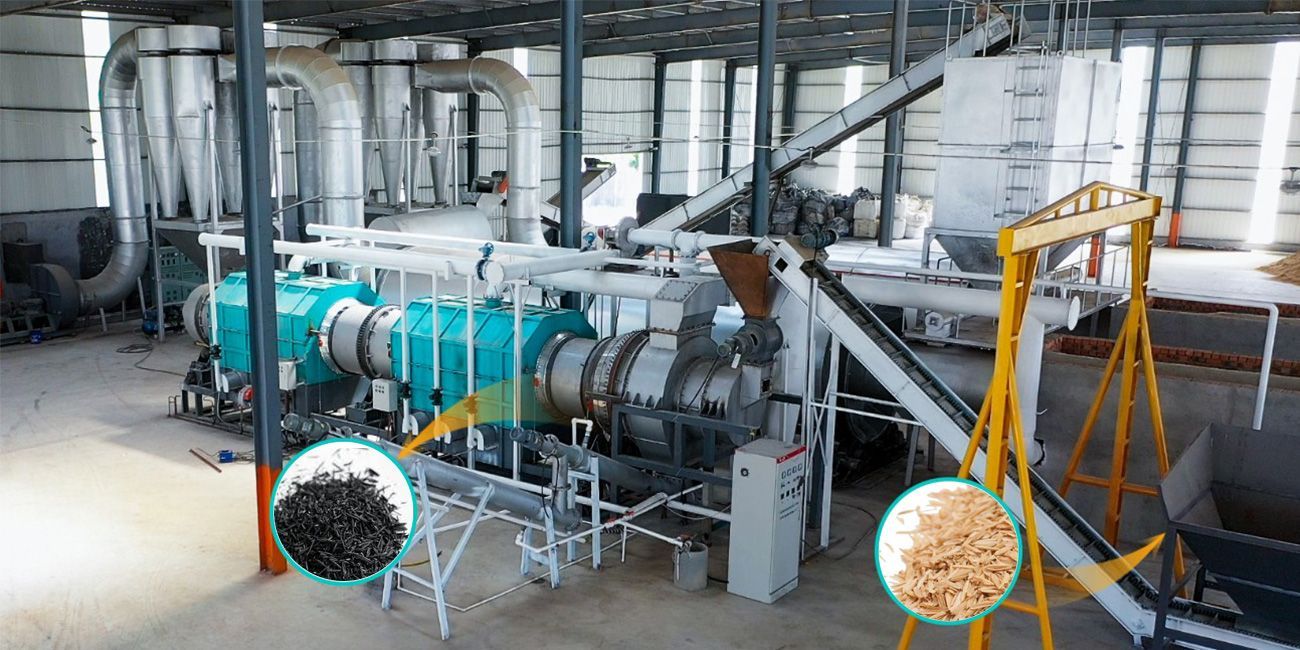
In a remarkable demonstration of durability and efficiency, a state-of-the-art rice hull charcoal machine has successfully completed 720 hours of non-stop operation, continuously producing high-quality biochar. This milestone showcases the machine's robust engineering and its potential to revolutionize sustainable biomass utilization.
High-Performance and Reliability
Operating for 30 days straight, the charcoal machine maintained stable output and consistent biochar quality throughout the entire process. Designed specifically to process agricultural waste like rice husks, the system transforms biomass into valuable carbon-rich charcoal through pyrolysis—a high-temperature, low-oxygen process.
The uninterrupted 720-hour run is a testament to the machine's:
- Advanced thermal control system
- Efficient feeding and discharge mechanisms
- Low-maintenance design and high wear-resistance
- Energy recovery and emission control features
These attributes not only ensure reliable long-term operation but also make the equipment suitable for industrial-scale applications in agriculture, energy, and environmental sectors.
Sustainable Biochar Production
Biochar produced from rice hulls is gaining attention for its multiple benefits, including:
- Soil enhancement and improved water retention
- Carbon sequestration for climate change mitigation
- Reduction in methane and nitrous oxide emissions when applied to soil
- Use as a fuel, filtration material, or additive in construction materials
By turning agricultural waste into a valuable resource, this continuous-operation rice husk charcoal machine supports circular economy principles and contributes to sustainable development goals.
Looking Ahead
As global demand for renewable energy and sustainable agricultural practices increases, reliable biochar production technology is becoming more crucial. This 720-hour continuous operation test highlights the machine’s potential for deployment in regions with abundant biomass waste and a growing interest in carbon-negative technologies.
With continued innovation and real-world testing, rice hull charcoal machines are poised to play a key role in the future of green technology and sustainable resource management.
